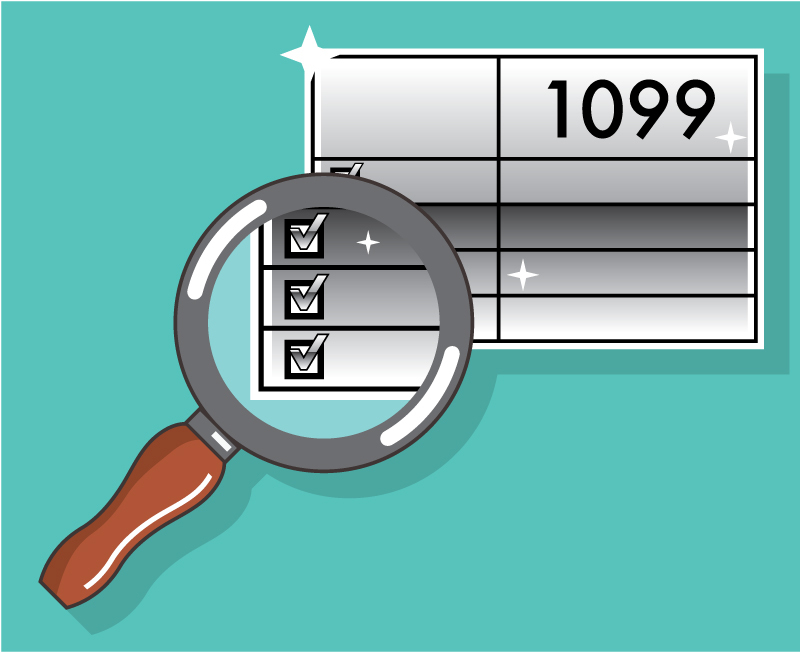It’s a decision that our business clients often need to make when structuring their business, just like a corporate book or shareholder agreement. You’d be amazed how many folks don’t realize the disadvantages of mistakenly classifying an “Independent Contractor” as an employee.
This mistake can cost thousands and even be considered criminal – so it’s important to get it right. Not only can the state fine you for the misclassification but, the employee will have a strong private right of action against you for the unpaid wages they were suppose to receive.
Some courts have awarded upto three times the amount of the unpaid wages as a way to punish business owners. Some business owners have misclassified their employees for years and fear that it’s too late. An experienced employment attorney will tell you it is always better to take the correct measures to fix the problem before it becomes unmanageable.
The attorneys at PK Boston can help you get on the right track when it comes to classifying your employees, as well as draft and review any employment contracts you may have in place.
PK Boston Can Help You With Your Business Needs and Keep You on the Right Track
In Massachusetts, most people who work or provide services are considered employees under the law. This means that they have rights to minimum wage, overtime, and other protections like unemployment benefits,and paid time off.
The IRS uses common law principles to determine if a worker is an independent contractor or an employee. In the past, a “20 Factor Test” was used to evaluate workers to determine whether they were independent contractors or employees. These factors have been compressed into three general categories for IRS review of the specific situation:
• Behavioral Control,
• Financial Control, and
• Relationship of the Parties.
However, Massachusetts has enacted a strict three part test which will be discussed later in the article.
As a business owner you need to be aware of what the actual classifications are. The days of hiring employees “under the table” are long gone.
To show that a worker is an independent contractor, the employer must demonstrate that the worker satisfies each and every element of a three-part test.
What is an Independent Contractor (1099 Employee)?
An Independent Contractor is someone who provides services to a business but is not paid as an employee. At the beginning of each year, those people are given an IRS Form 1099 showing amounts paid, as opposed to a Form W-2, which shows gross amounts paid and amounts withheld for federal and state income taxes. That’s why independent contractors are considered 1099 employees. The Massachusetts General Laws c. 149 §148B (also known as the Massachusetts Independent Contractor Law) established a three-part test to determine whether a worker is an employee or independent contract. The law begins with the presumption that all Massachusetts workers are “employees.” To show that a worker is an independent contractor, the employer must demonstrate that the worker satisfies each and every element of a three-part test. If the employer fails to prove even one part of the three-part test, it is enough to establish that the worker is an employee.
Under the Massachusetts Independent Contractor Law, an individual performing any service, shall be considered to be an employee unless:
- the individual is free from control and direction in connection with the performance of the service, both under his contract for the performance of service and in fact and
- the service is performed outside the usual course of the business of the employer; and,
- the individual is customarily engaged in an independently established trade, occupation, profession or business of the same nature as that involved in the service performed.
The reason it is so important to classify your workers correctly is that taxes are not withheld from an Independent Contractors’ regular paychecks, no contributions are made to unemployment on their behalf, and, if they are truly independent contractors under Massachusetts employment law, they do not enjoy all of the protections of the law for employees; like the right to overtime pay, timely payment of wages, sick leave, workers compensation insurance, and more. In addition, the business does not make any contribution to the social security tax, which results in an additional tax, which the individual has to pay about 7% of his or her 1099
The laws can be difficult to navigate if you are a small business owner, or a new business owner. If you are a business owner, or a manager in charge of the payment of employees, you should always consult with an experienced employment attorney. The attorneys at PK Boston Law have a wealth of experience and knowledge and would love to help your business stay within the law.

